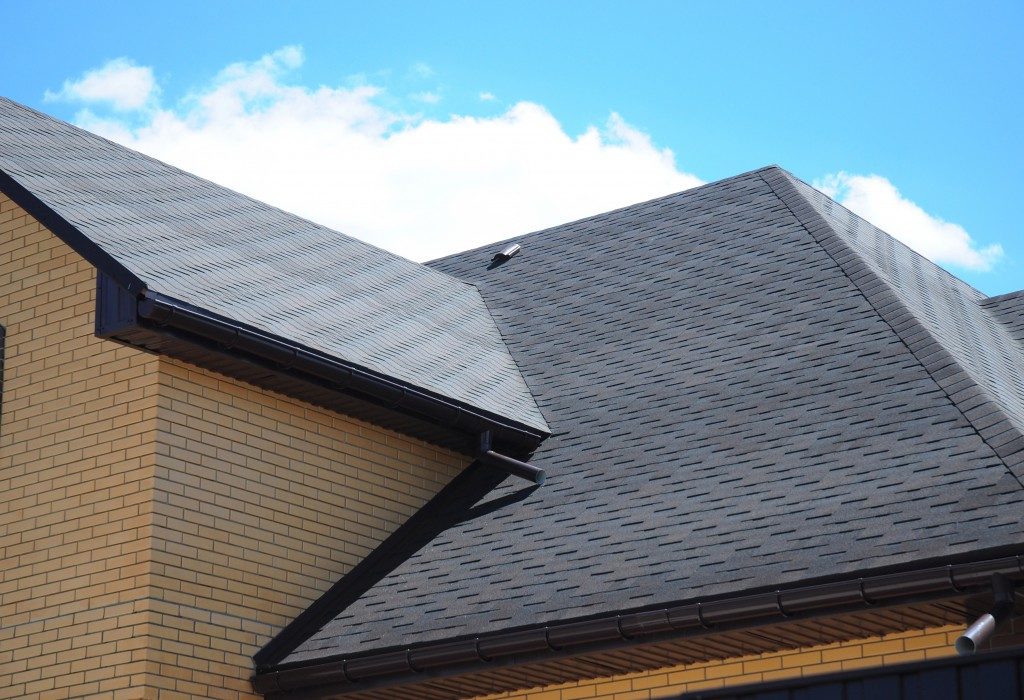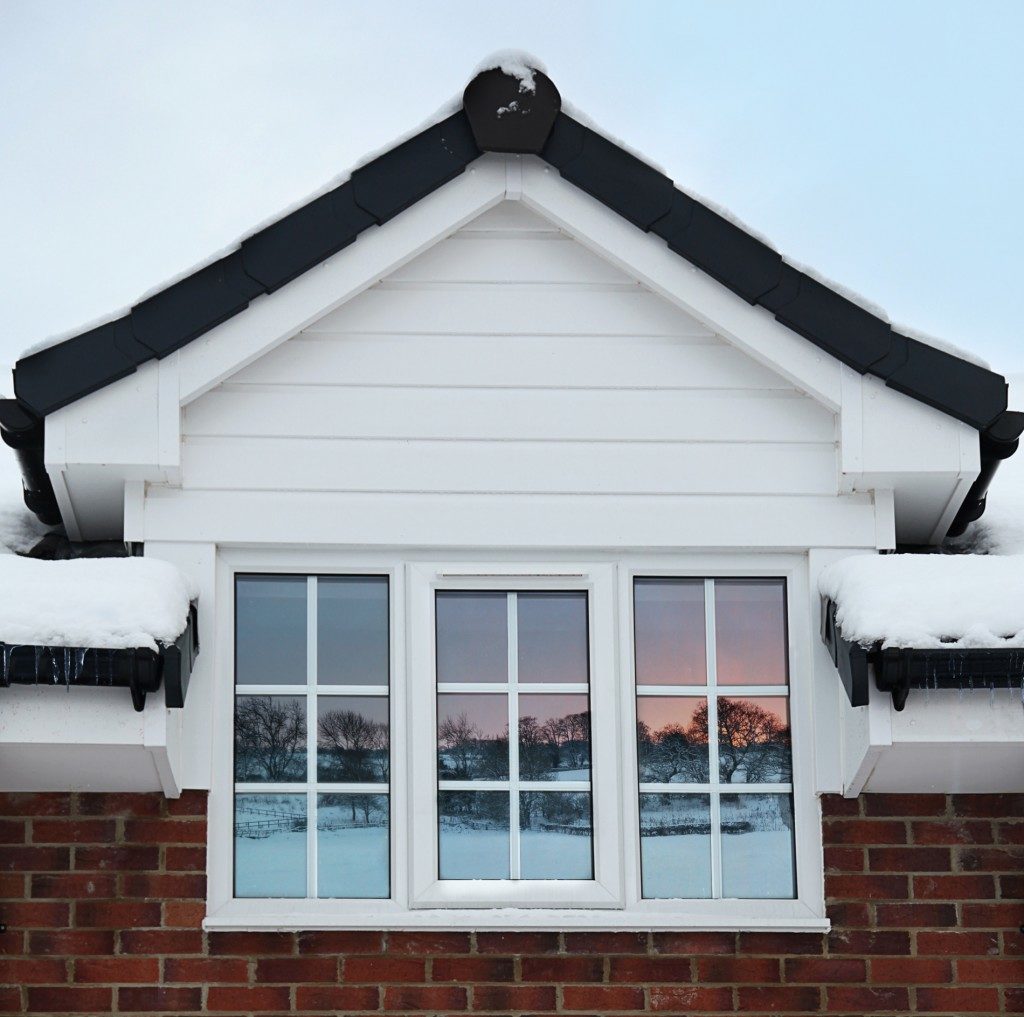
The Christmas season is just around the corner and snow is slowly piling on your roof again. But winter damages more than your home’s exterior. It’s time to inspect other parts of your house before they cause more harm. Here’s what to look out for when you’re preparing your home for the winter:
The Broken Sewer Pipes
People often think of water pipes when it comes to freezing problems since it’s easy to notice when they malfunction. The sewer pipe is just as important to check because they create problems that are as stressful in the future — and they’re more than clogged drains and stinky odors. Broken sewer pipes are known to invite pests.
If your pipe has already burst, call for a trenchless pipe repair service in Salt Lake City. It’s more efficient and less invasive than the traditional sewer repair.

You can prevent damage to your sewer pipes during winter by having them insulated. You may also replace your regular sewer pipe with a pre-insulated one. If you’ve found that your pipe is already frozen, try thawing it using household items such as a space heater or hot water.
The Damaged Trees
As resilient as trees might be, they are sensitive to changing temperatures. Freezing temperatures can damage their roots and cause them to wilt. Animals can also harm or even kill trees when they feed on the bark due to winter food shortages. Worst of all, the weight of the snow can break branches and topple entire trees.
Protect roots from winter damage by mulching them with straw before the ground starts to freeze. You can also wrap your tree with hardware cloth from the ground up to prevent animals from harming them. Cut snow damage to your tree by regular pruning. Having the tree branches cabled together by an arborist also helps.
The Flooded Basements
Basements are often warmer than the rest of the house. The heat radiating from the basement can cause snow to melt and leak into your basement through cracks on the walls or the foundation floor. Moisture could also dampen your basement walls if the surrounding soil does not keep water away from your home.
You can prevent melted snow from getting close to your house by improving your drainage system. Check your downspout and make sure that they’re draining more than four feet away from your home. Clean your gutter regularly, as well.
If there are still leaks in your basement, you might want to replace your soil with more absorbent alternatives like clay or clean fill dirt. Take your time to inspect your basement for cracks. If you find any, make sure to have them sealed immediately.
It is good to make sure to prepare every part of your house for winter. No one wants to spend their holiday having to deal with sewer stench, toppled trees, and flooded basements. When it comes to these winter woes, like any other problem, it is important to remember that prevention is better than cure.

